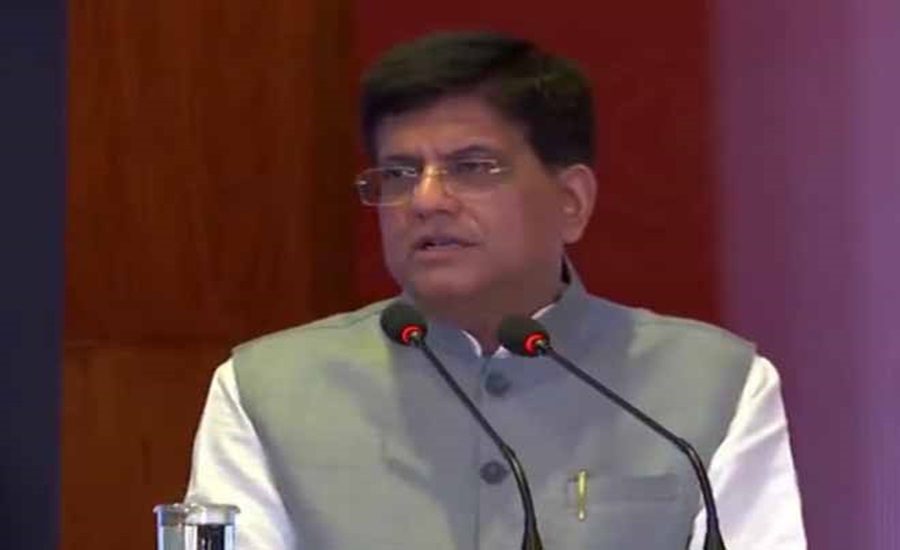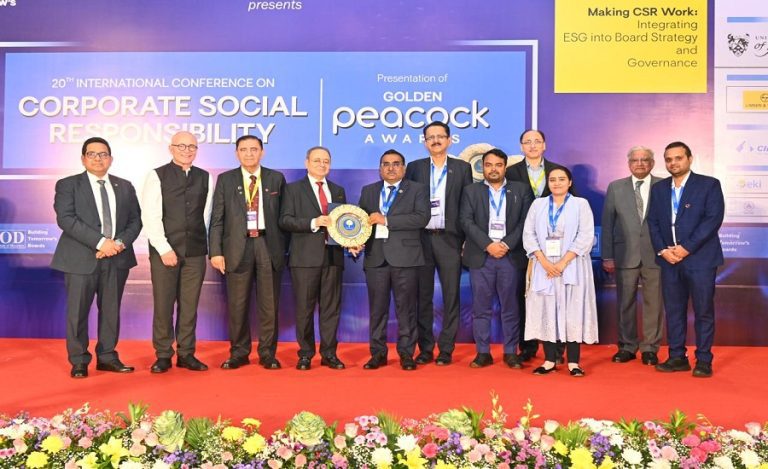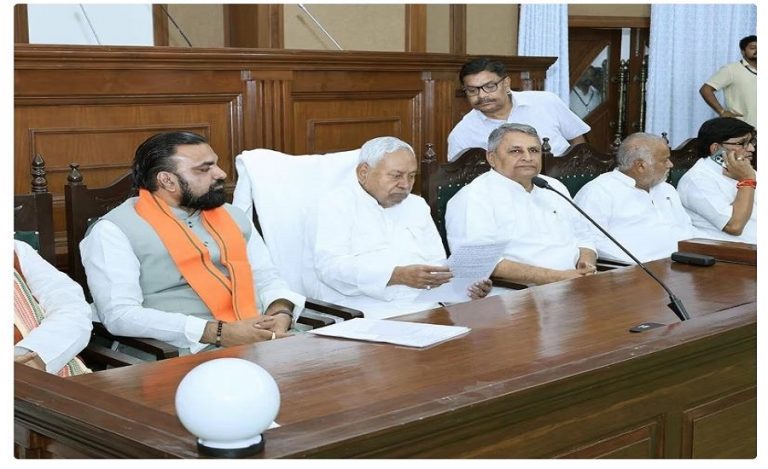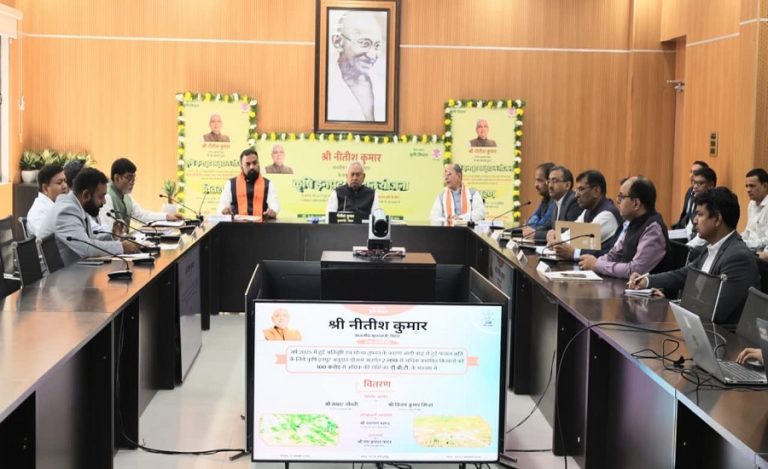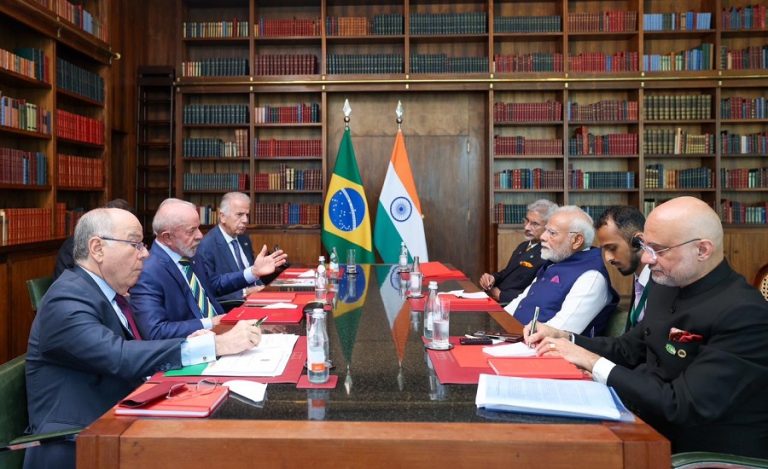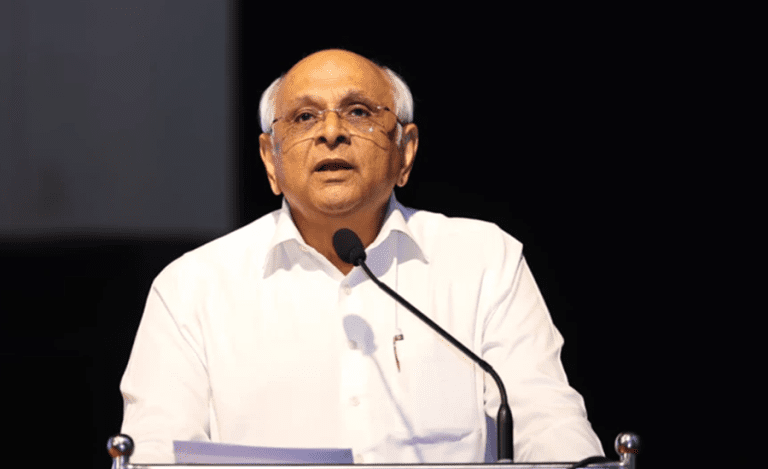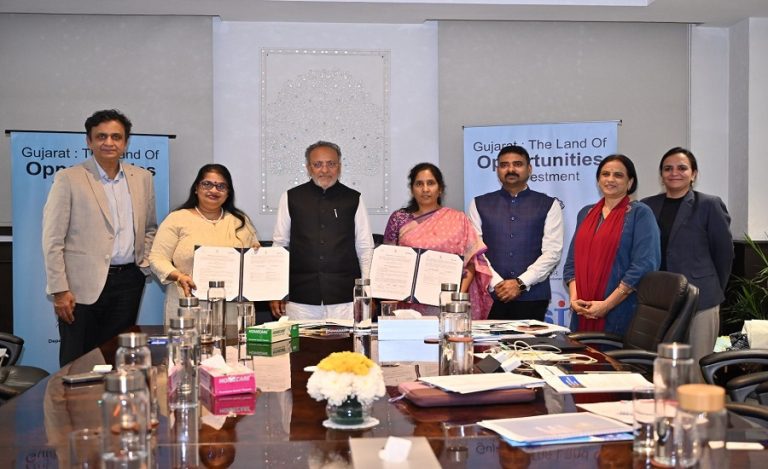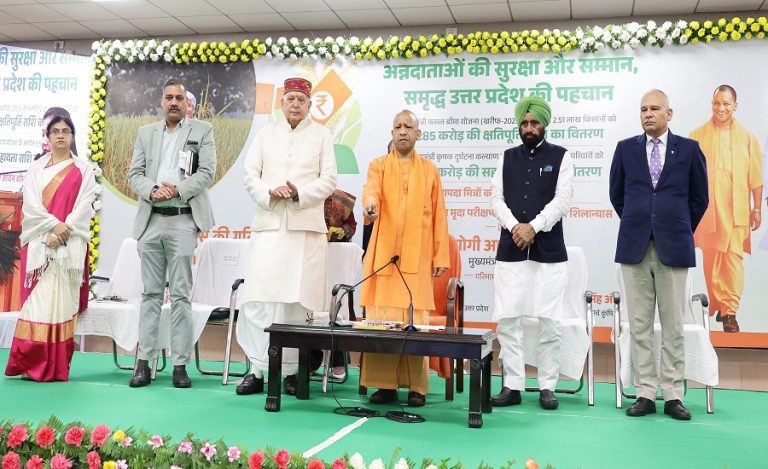New Delhi: In a major milestone for India’s global trade relations, the Free Trade Agreement (FTA) between India and the European Free Trade Association (EFTA) bloc officially came into force on Wednesday. The agreement, formally known as the Trade and Economic Partnership Agreement (TEPA), is expected to significantly boost trade, investment, and employment opportunities between the two regions.
The announcement was made by Union Commerce and Industry Minister Piyush Goyal, who hailed the day as “truly historic” in a post on social media platform X (formerly Twitter).
“Truly a historic day, as the India-EFTA Trade and Economic Partnership Agreement (TEPA) comes into force. This will unlock new opportunities for trade, investment, and job creation, benefiting people and businesses,” Goyal wrote.
What is EFTA?
The European Free Trade Association (EFTA) is a four-country bloc comprising Switzerland, Norway, Iceland, and Liechtenstein. Unlike the European Union, EFTA is focused solely on promoting free trade and economic integration among its members and partner countries.
EFTA Officials Welcome the Milestone
The development was also welcomed by Guy Parmelin, Head of the Swiss Federal Department of Economic Affairs, Education and Research, who affirmed the importance of the agreement on a global scale.
“Today marks the entry into force of the Trade and Economic Partnership Agreement (TEPA) between EFTA and India,” Parmelin said, emphasizing EFTA’s commitment to deepening economic ties with India.
What the India-EFTA TEPA Means
The India-EFTA TEPA is designed to:
- Eliminate or reduce tariff barriers on a wide range of goods
- Facilitate easier market access for services
- Promote foreign direct investment (FDI)
- Enable smoother flow of technology and expertise between India and EFTA nations
The deal also aims to support the Make in India initiative and strengthen India’s role in global value chains, particularly in manufacturing, pharmaceuticals, IT services, and clean energy.
Economic Significance
The agreement comes at a time when India is actively pursuing trade deals with various countries and blocs to diversify its export markets and attract higher foreign investment. With EFTA countries being high-income, innovation-driven economies, this agreement is expected to yield high-quality investment in India’s critical sectors.
Analysts believe the pact could particularly benefit India’s pharmaceutical, textiles, engineering goods, and IT services sectors while offering EFTA nations better access to one of the world’s largest consumer markets.
Read also: India, US in Active Dialogue for Free Trade Agreement Amid Tariff Tensions: Piyush Goyal

